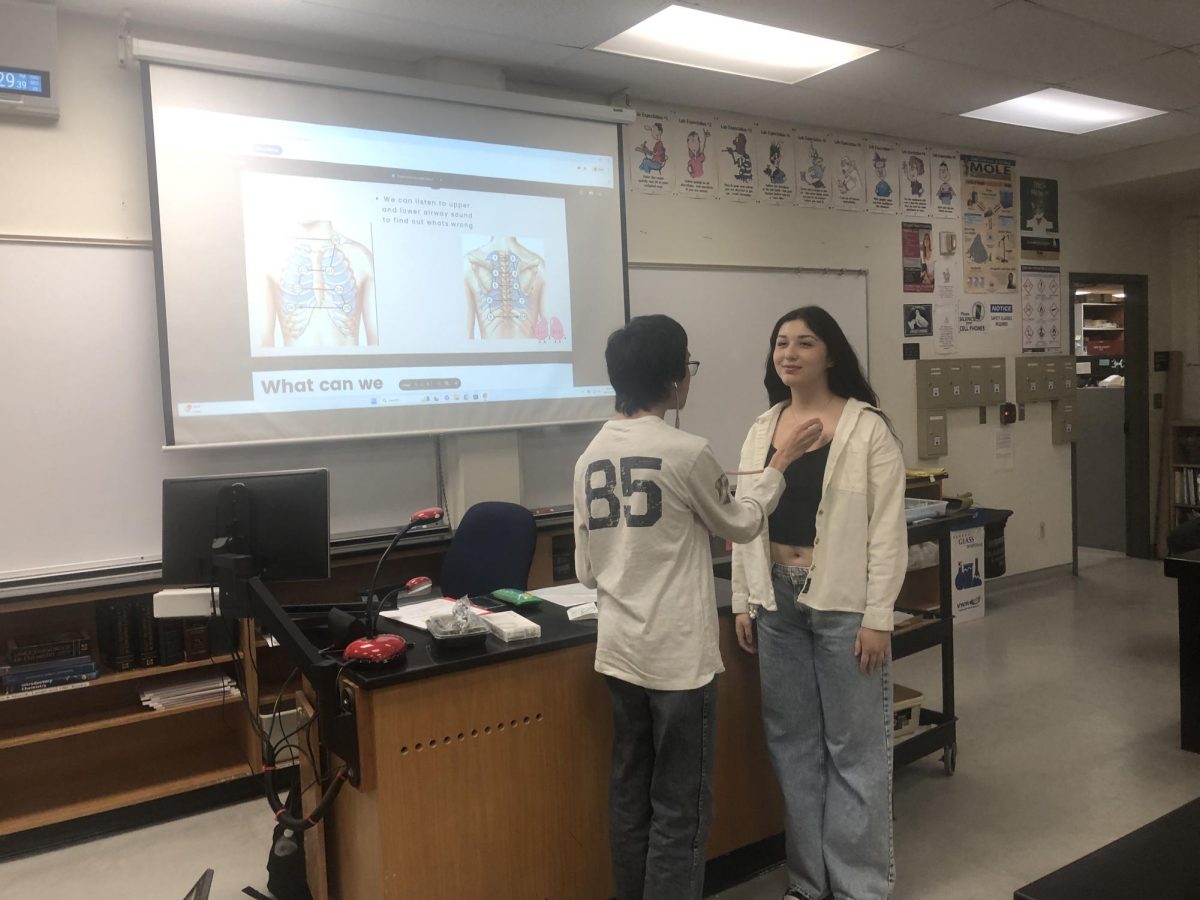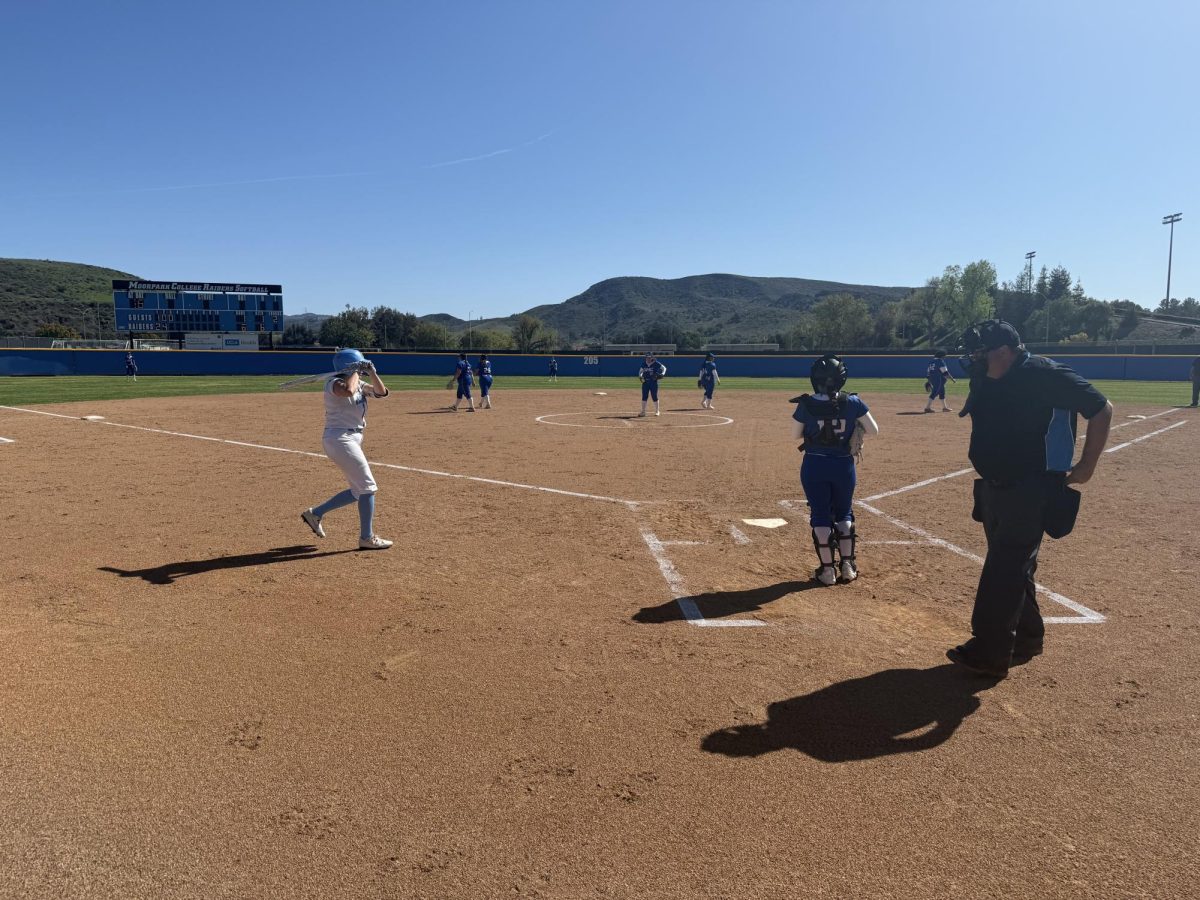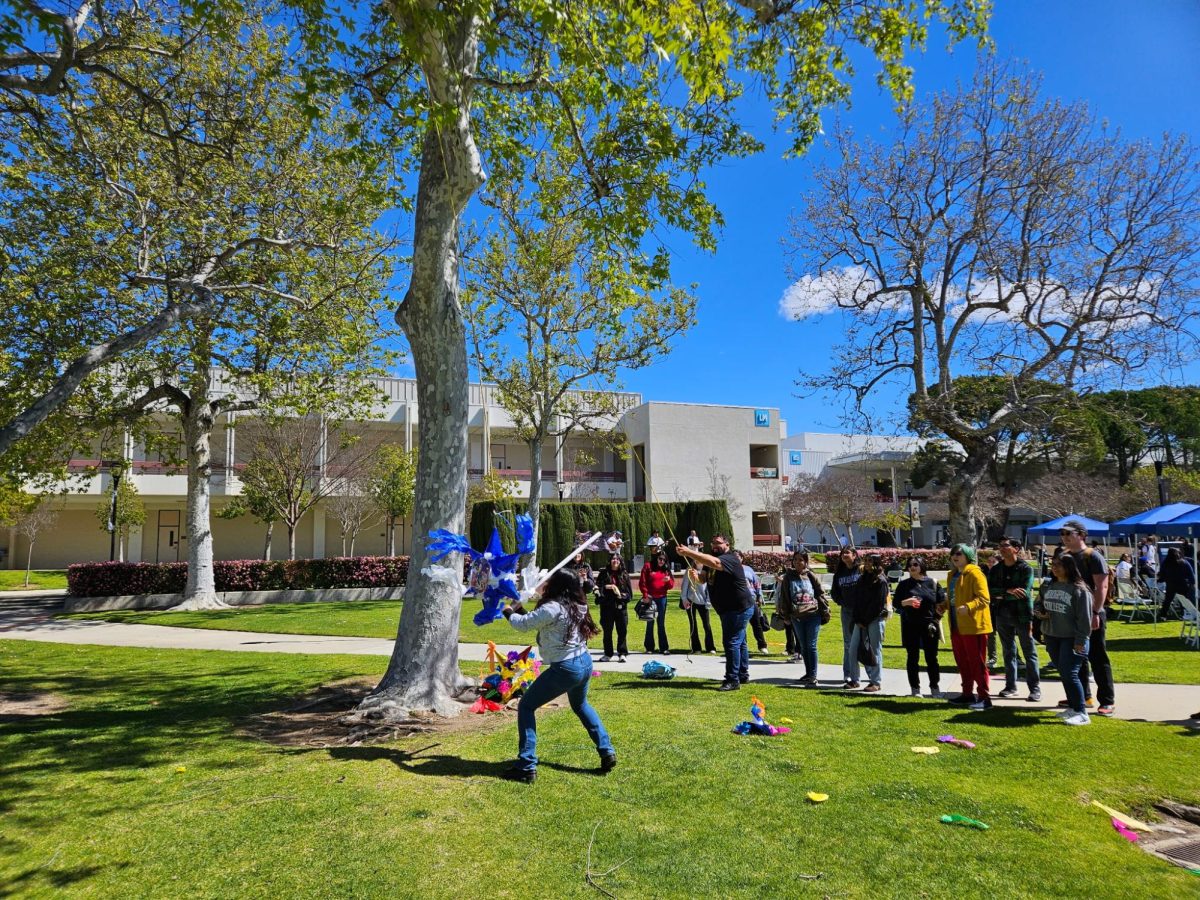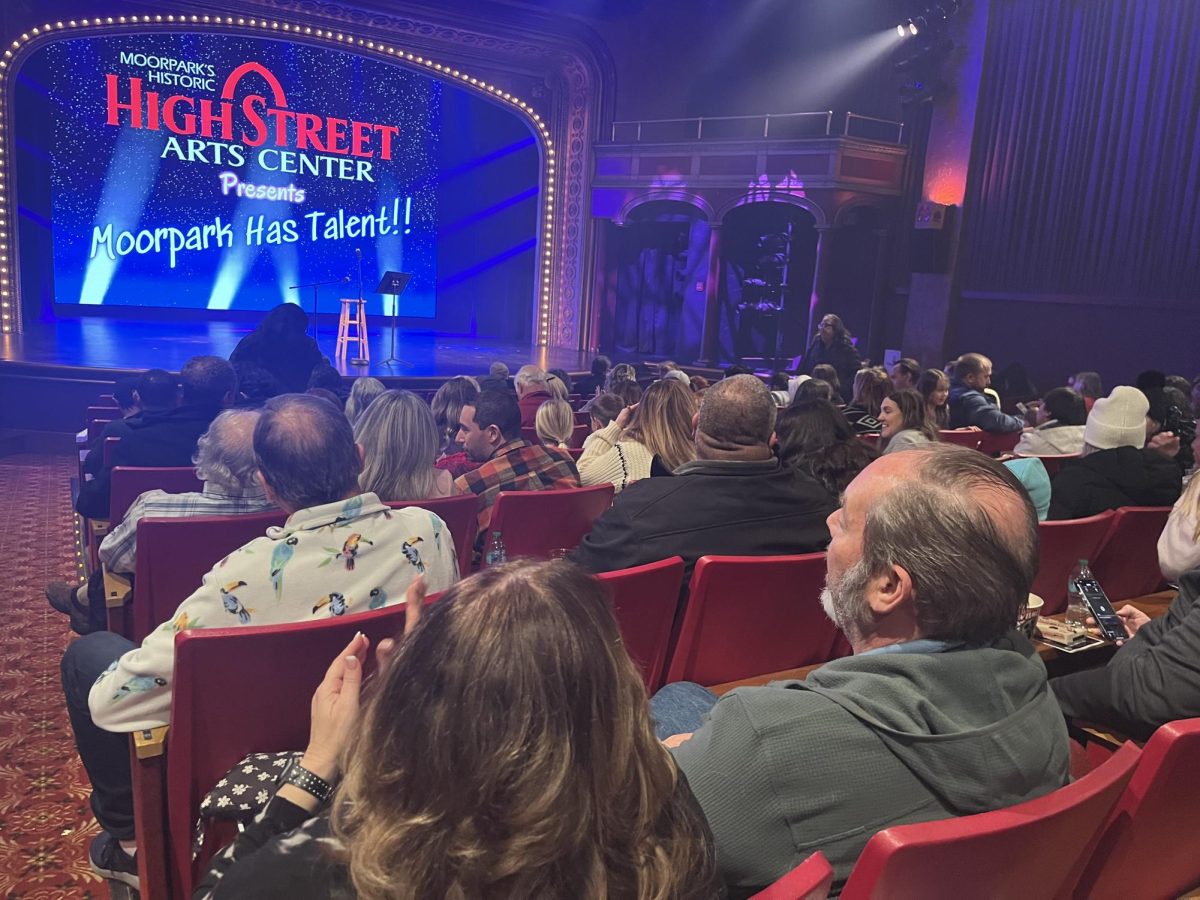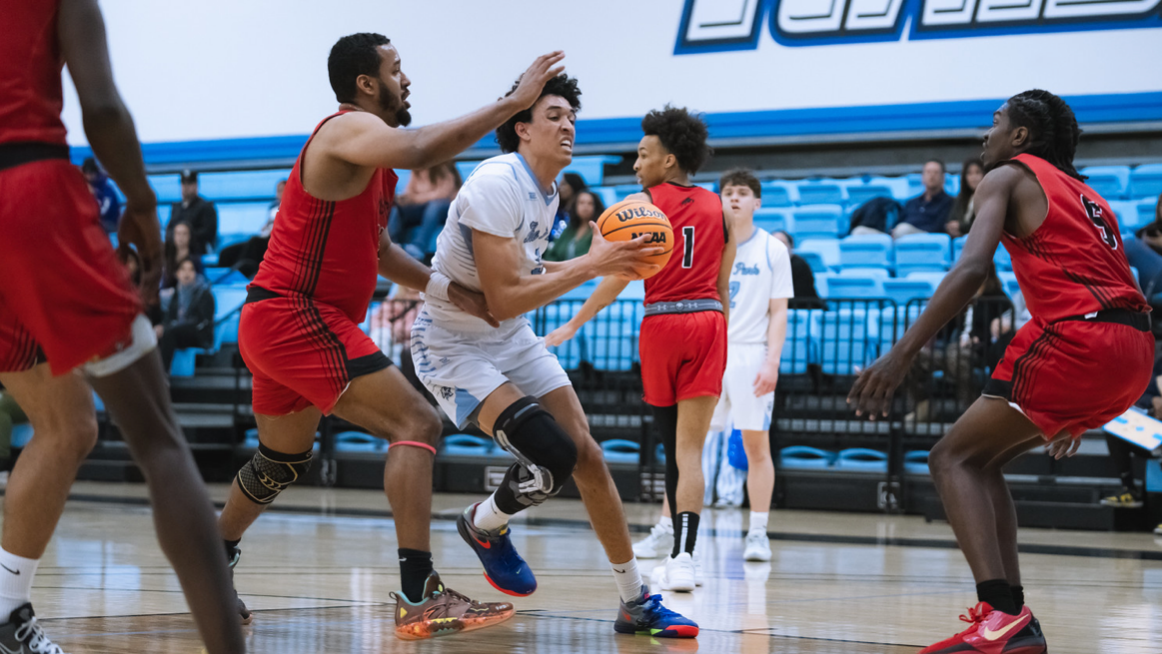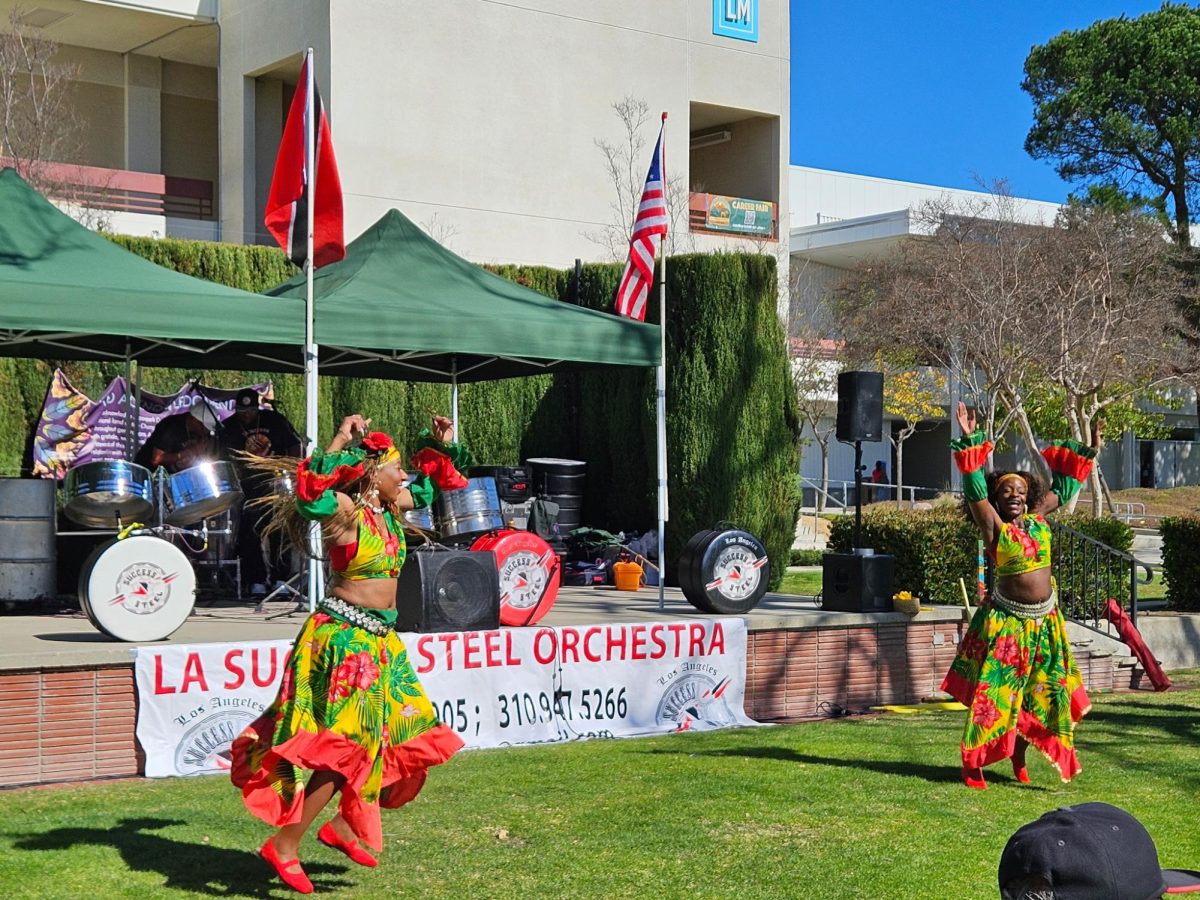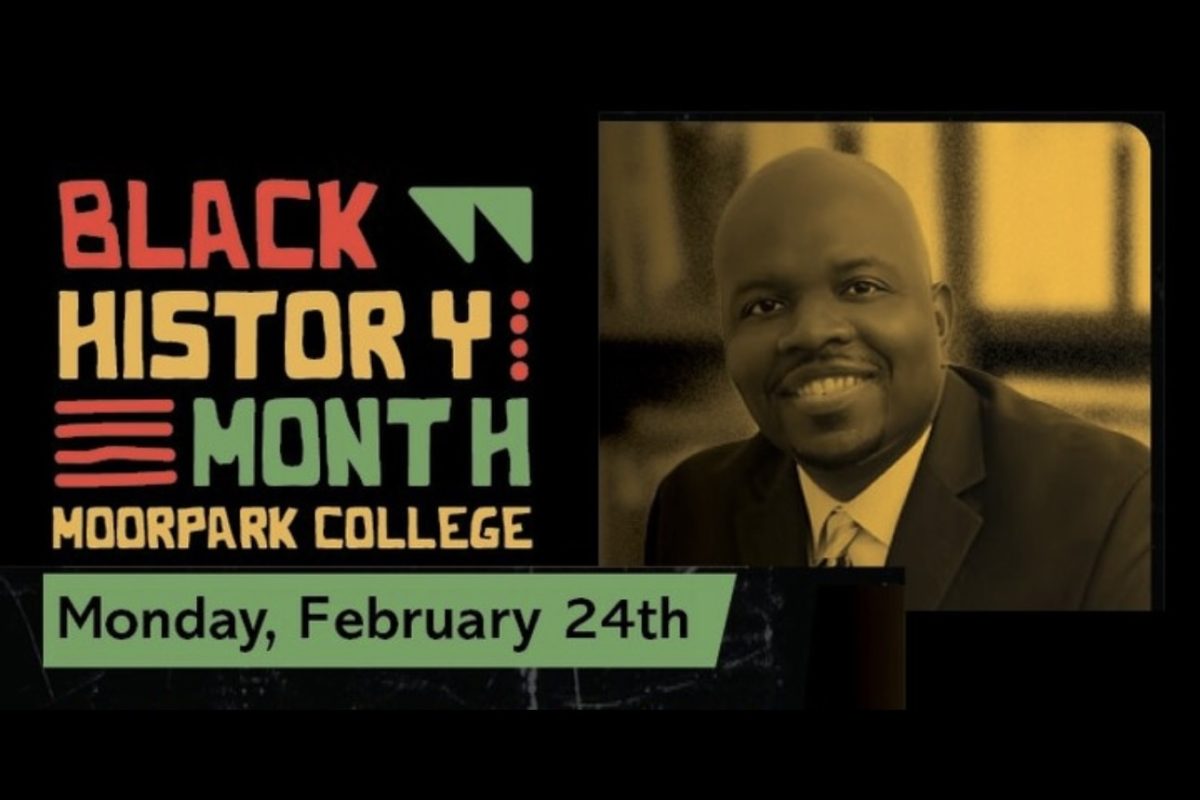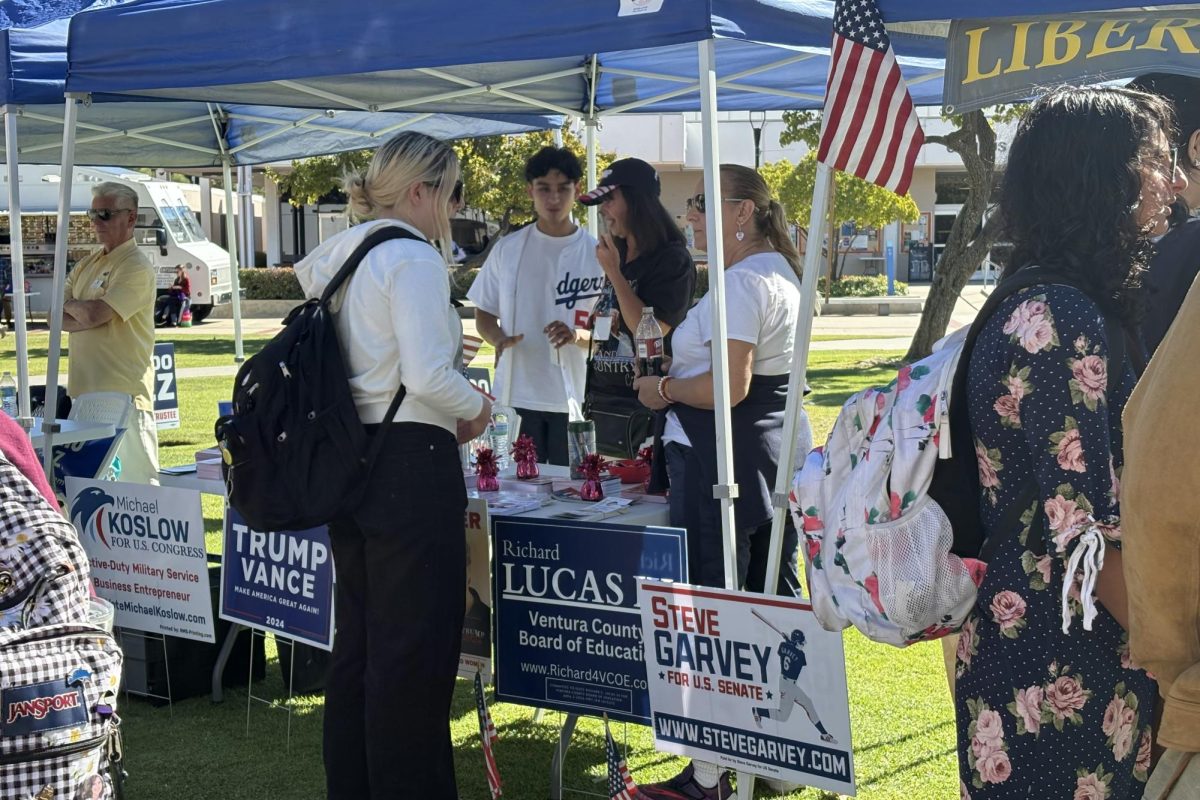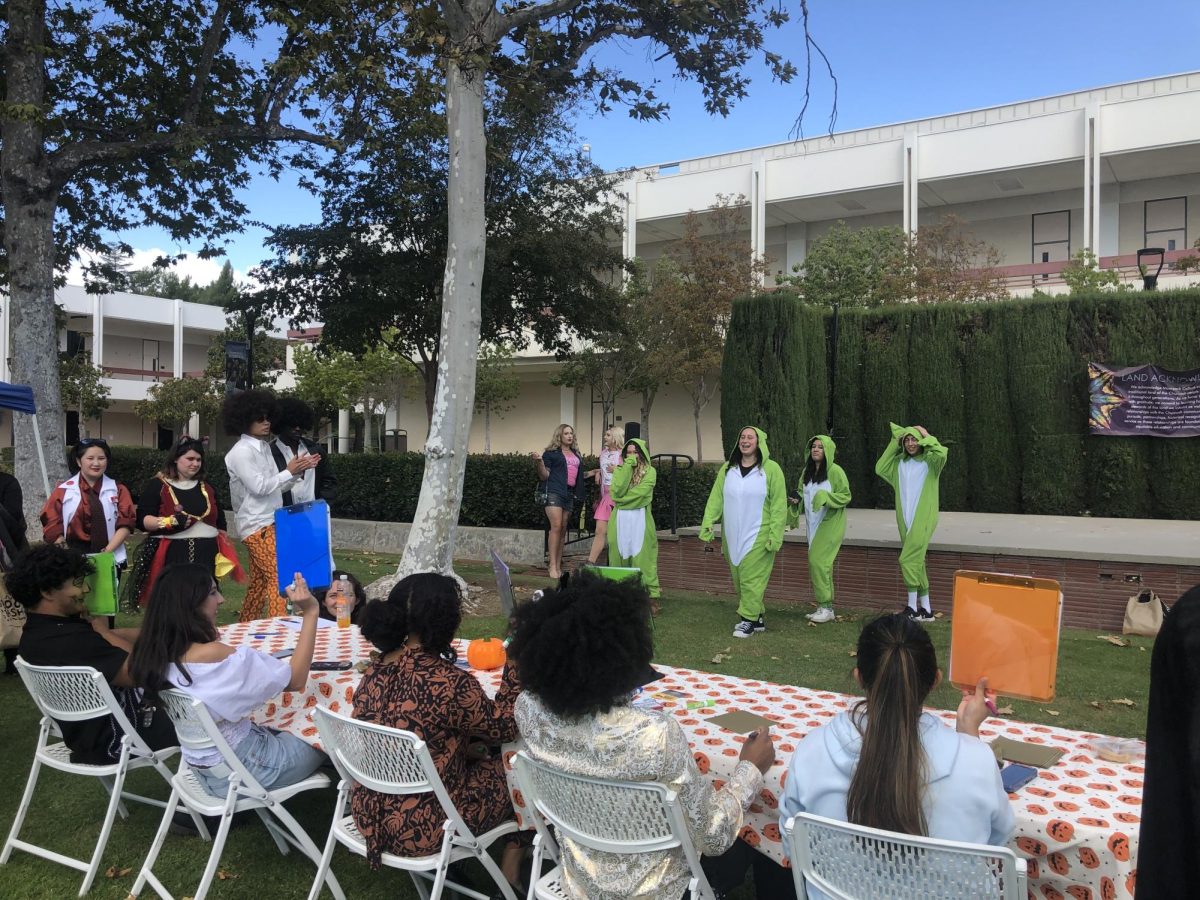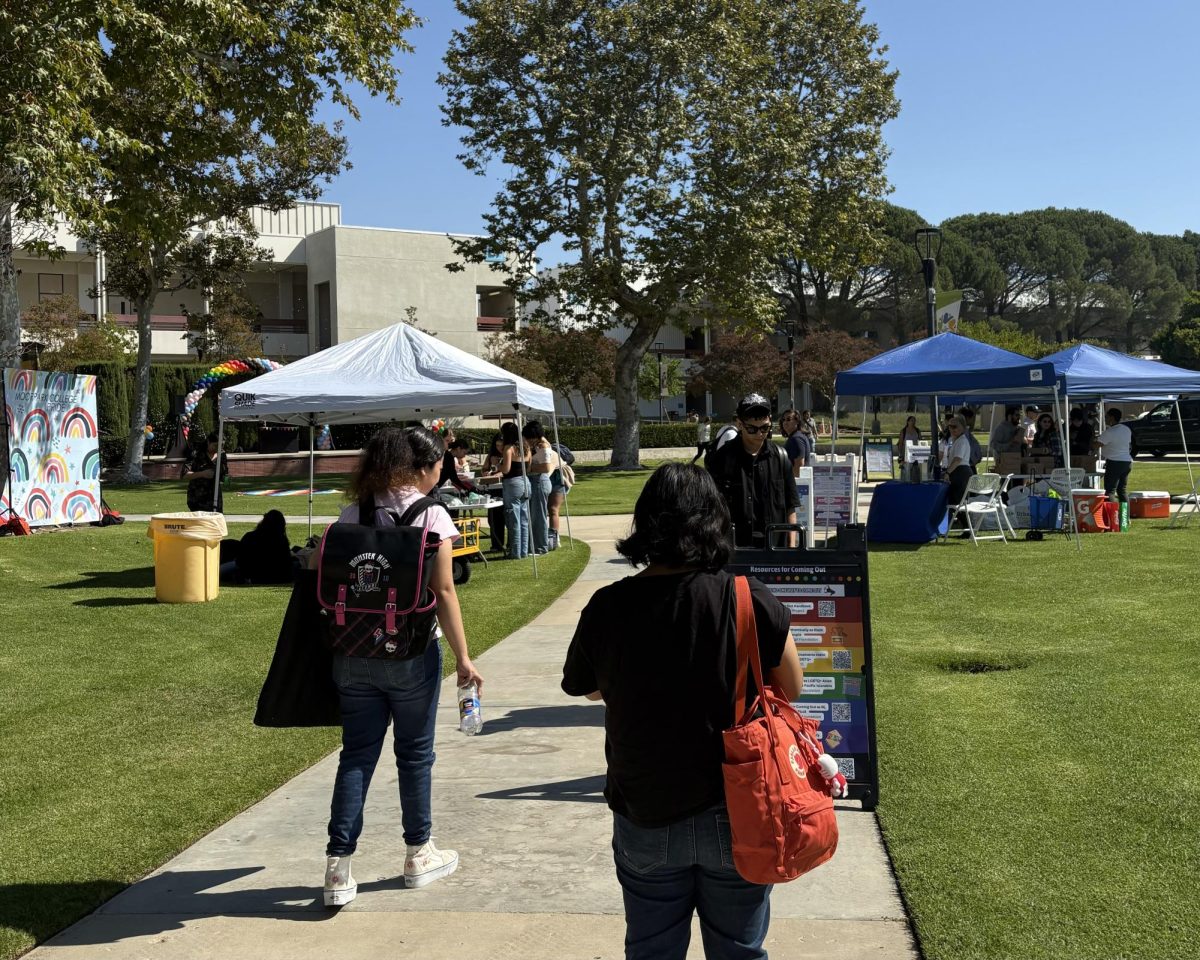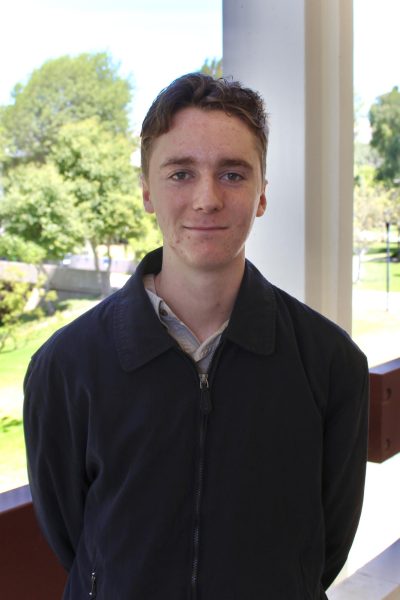A civil war in Sudan, gang violence in Haiti and many more severe conflicts trouble international waters. Caught in the middle of it all are civilians. Mothers and daughters, brothers and sisters, husbands and wives—these are the victims of these conflicts, no matter which side of it one deems the perpetrator or the defender.
These are the victims being displaced, facing starvation and facing extreme humanitarian distress. Many of these victims, however, still have hope for a better, more humane future. This trace of hope derives from the humanitarian aid provided by Médecins Sans Frontières (MSF), a nonprofit organization that supplies humanitarian relief for those affected by international conflict.
Friends of MSF, consisting of charters across the continent, works to aid in this humanitarian mission. It helps raise funds and awareness for the international cause. The specific charter at Moorpark College, headed by co–presidents Wesley Lam and Kayla Le, hopes to teach students about the public health sector and provide information on medical career pathways.
“With MSF, I think it’s a more physical representation of being able to help communities throughout the world,” said Le. “I think consolidating it into a specific chapter where we can help fundraise makes me feel like I definitely have a bigger impact and, you know, helping other people makes you feel better.”
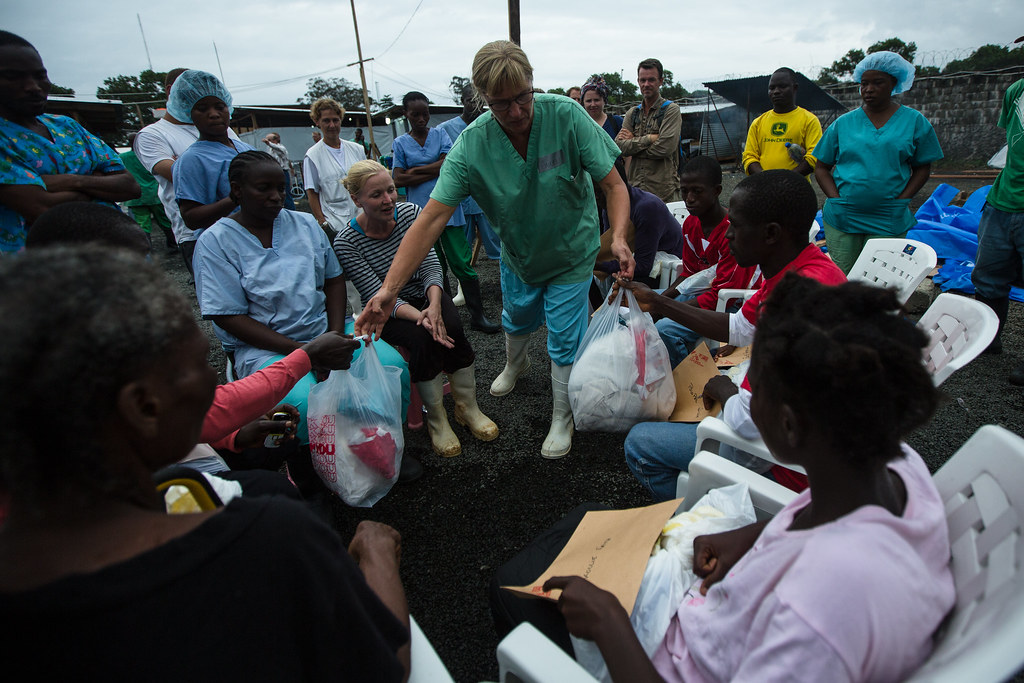
This humanitarian mission is largely interconnected with climate crises. For example, while wildfires may burn in the Amazon, indigenous people living in the rainforest are being displaced from their homeland and forced to flee elsewhere. The environmental crisis of the Amazon burning correlates with the humanitarian crisis of human displacement.
“In a public health context too, [we learn] how to be more understanding [of] how the climate crisis and public health [are] intersecting—how recently with these heat waves, heat–related deaths are increasing more, especially in the Sun Belt,” said Lam. “Whereas like [in] Arizona, … you see the elderly and children are more prone to heat illness, heat stroke and dying from the heat.”
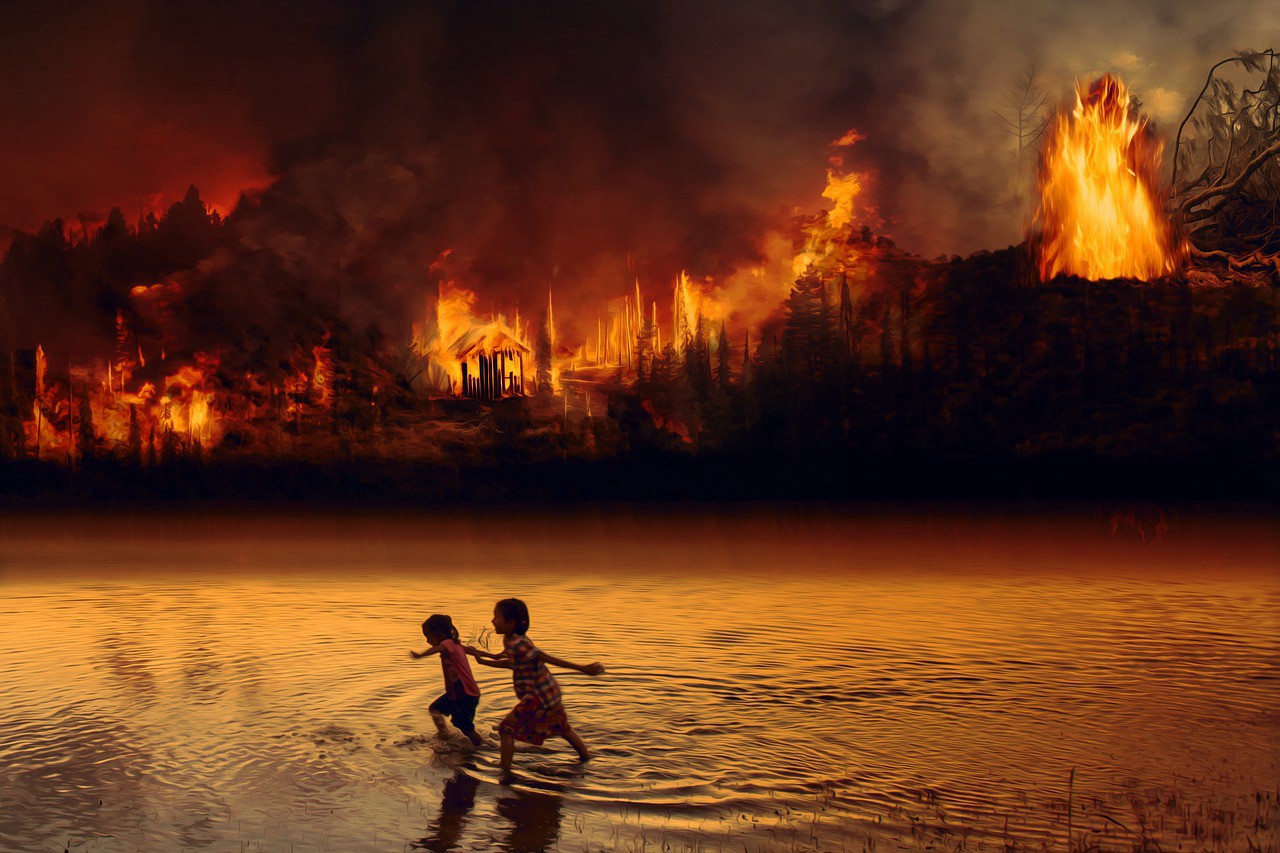
Melting glaciers, illegal logging and raging wildfires—these are all environmental crises that plague Chile, a country where Tomas Juarez, secretary and environmental science officer, has family lineage. Juarez hopes to raise awareness of the many international environmental crises, including those plaguing Chile. Through his involvement in the club, he recognizes the connection between environmental disasters and humanitarian catastrophes.
“I feel like situations like these … aren’t only environmental, but they’re also tied into things like the infrastructure, politics and [more], with the goal of maintaining public health in these really precarious situations,” said Juarez. “Those specific situations I feel like lack a lot of visibility, and a lot of them don’t have a place in the general consciousness, especially here.”

The charter is not only diverse in its mission but also in the club members that represent it. Its members compose a range of majors and potential career routes. There are also licensed medical professionals amongst the group, including an emergency medical technician (EMT) and certified nurse assistant (CNA). These individuals provide medical expertise, sharing their experiences and opportunities that got them to where they are today.
Sophie Tran, vice president, nursing major and CNA, plans to share and simplify her otherwise complex experience of finding a nursing program while balancing the program with college life. She emphasized the importance of having experience in a hospital before dedicating oneself to a future career in medicine.
“It took me a while to be able to find a program that worked for me in my schedule,” said Tran. “I would just want to give an informational [presentation] about that specifically because I know a lot about it, and I want to help others be able to get that experience before they … go into whatever [medical] profession.”
The charter hosted a stethoscope demonstration at the most recent club meeting on Oct. 24. EMT and EMT/pre–med officer Jennifer Kawamoto primarily led the meeting, giving both an informative presentation on stethoscopes as well as a real–world demonstration. Club members had the opportunity to use the stethoscopes and put their newfound knowledge of stethoscopes to the test.
“We’re all super kind, super welcoming, especially if you want to go into the medical field,” said Tran. “It’s a really good resource to use if you don’t have a lot of knowledge on what you want to do or if [a profession is] the profession for you. It would be really good to introduce that to you and introduce you to opportunities that are available.”
Due to the club being fostered for the first time at Moorpark College, it has gradually started enacting its goals into coordinated events, according to Lam. Although not all the details have been ironed out, the club does, however, have many up–and–coming events planned for the future. One such event is to have a doctor speak to the club.
“We’re trying to plan a doctor or speaker on women’s health care rights, especially [rights] in the US, and how there’s disproportionate health care for African–Americans and how access to health care is really persecuted through law or stigma,” said Lam.
Many people turn a blind–eye to international crises that seemingly do not affect themselves or their country directly. Oftentimes this ignorance can be fostered by a lack of awareness in the media and community. Friends of MSF at Moorpark College hopes to inform students about these crises abroad, playing its part in the humanitarian mission set forth by MSF.

